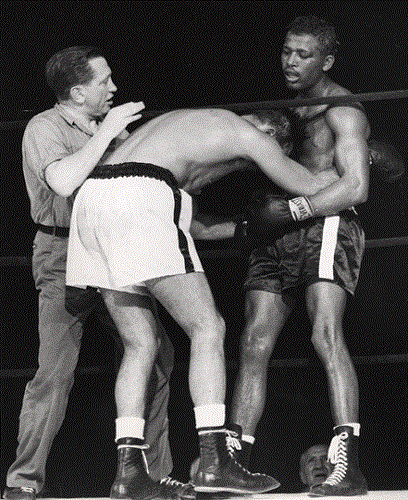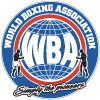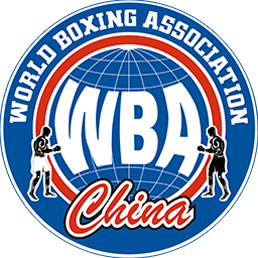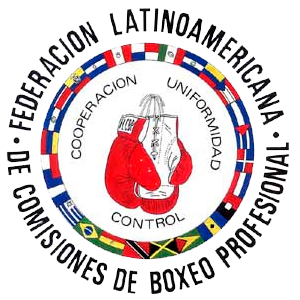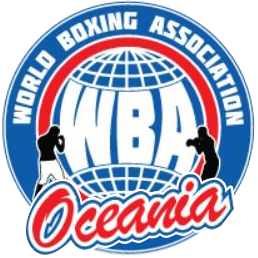That June 25, 71 years ago, the thermometer read 40 degrees Celsius (104 Fahrenheit), the hottest night in New York that summer and possibly to this day.
Around the ring placed in the center of the now extinct Yankee Stadium in the Bronx — “The house that Ruth built,” as baseball fans called it — some 48,000 boxing fans crowded into the venue, waited expectantly and would later witness one of the most memorable, epic and unprecedented fights in the history of the sport: Walker Smith Jr, known as Ray “Sugar” Robinson, the greatest fighter in history in the almost unanimous opinion of boxers, chroniclers, analysts, reporters and simple lovers of the discipline, would try to take his third crown in another of the many divisions held by Joey Maxim, a tough and resilient owner of the 175-pound Light Heavyweight belt.
Robinson, 31 years old, had established his hegemony in welterweight and middleweight in a career that began twelve years earlier, in which he had 132 wins, just 2 losses and two draws (while the champion, despite having a mortifying jab and being tough as steel, lacked the technical ability of the challenger), had an enviable amateur record of 85 fights, 69 by KO and 40 in the first round. Maxim, a year older, did not show as brilliant a record, and although he accumulated a respectable 78 wins, 18 losses and 4 draws. Because of his record and build people thought that his natural weight might help him in his efforts to stop the invader.
Such presumption began to dissipate when Robinson arrived, hit, left in lateral movements, a sort of ghost, without ceasing to hit a Maxim who looked bewildered, impotent, in front of an enemy who was never in the same place, who enjoyed dominating with his long straight punches, jabs, uppers and who went far away from the attempts of the stunned opponent. Meanwhile, the temperature was gradually taking its toll on the three men in the ring, especially on the legendary referee Ruby Goldstein, who was sweating profusely, with his shirt soaked as if he had been under a shower.
So much so that while Ray Robinson continued to widen his lead on the judges’ scorecards, Goldstein could take no more: he went to the canvas as if hit by a sledgehammer and had to be replaced by an emergency referee, Ray Miller, in round 10. Such a thing had never happened in boxing before and, as far as is known, has never been repeated.
However, the temperature, as hot as the desert, did not only affect Goldstein. Robinson, who had not stopped moving in front of a passive and totally overwhelmed and defenseless Maxim, could not resist any longer either. Staggering, dry, melted, he heard the bell ring at round 13, stumbled to the corner and sat half-dead on the stool. He did not have the strength to respond to the sound of the bell that called the opponents to the penultimate round. Maxim thus retained the belt of a fight he had never won in the ring in the 39 minutes that had elapsed. Symbolically, figuratively speaking, the raised hand was that of the thermometer on that singular night that bears no resemblance to any other fight in history.
The frustration of that remote June 25 temporarily put Robinson out of boxing. He returned some 3 years later for another 62 fights of which he won 44 with 13 losses and 5 draws. He left definitively with a record of 175 wins, 109 by knockout, 19 losses, only 1 by KO, between the debut on 11-9-49 and 10-11-65, with the aforementioned break after the setback against Maxim.
Born in Alley, Georgia, on 3-5-21, he died on 12-3-89 in Curley City, California. In the ring he earned more than $4 million, hundreds these days. He was distinguished as the best boxer in history by the AP news agency and by ESPN and The Ring and is considered the best pound-for-pound (with him such denomination was born) of all time.
Maxim (Giuseppe Antonio Berardinelli, his real name), scored 83 (22)-29 (1)-4. 8 no contests. Born on 28-3-1922, he died on 2-6-2001.
A final word for Robinson: Muhammad Ali said of him that “he was my idol, my master. He is the king. The greatest of all” and Ray “Sugar” Leonard flatly refused to be compared to him: “Robinson has been the best of us all. Nobody like him,” he replied, emphatically.


